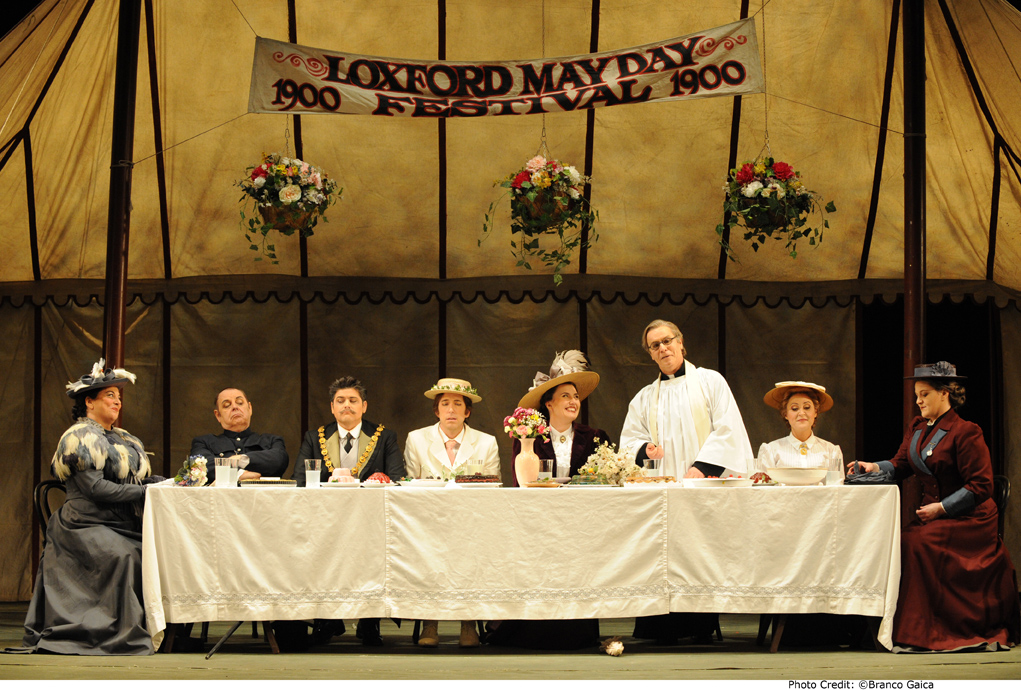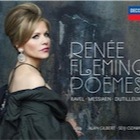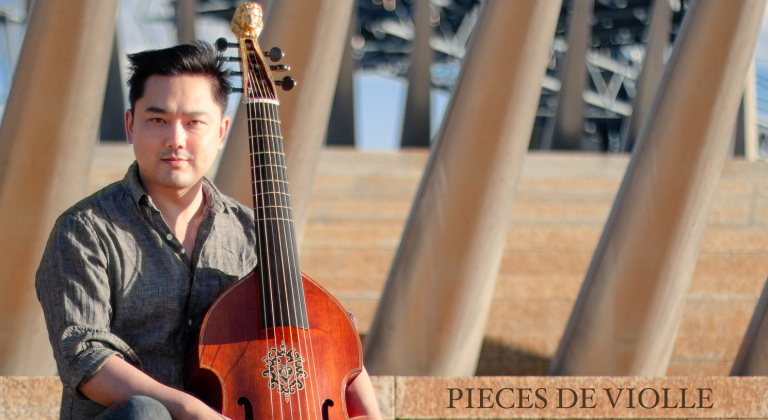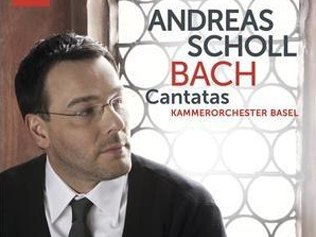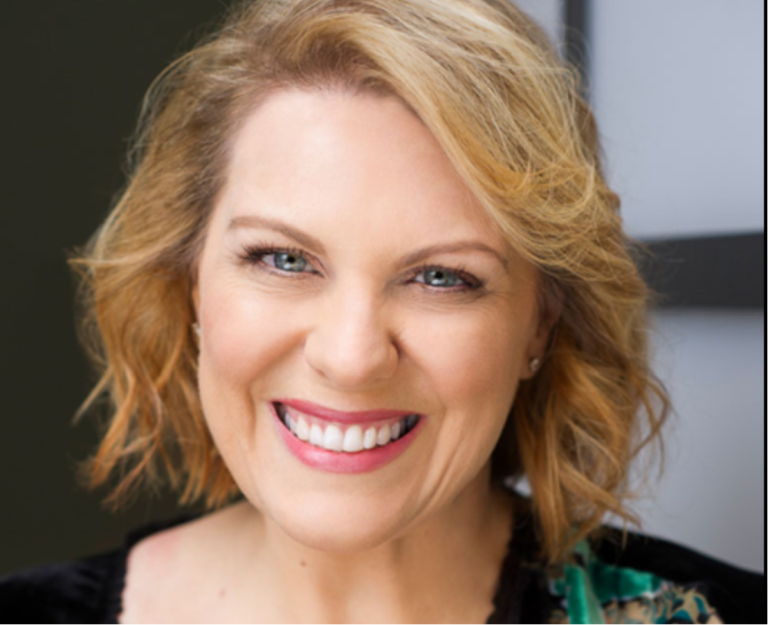‘Thoroughly enjoyable’ – Britten’s ‘Albert Herring’ from Opera Australia
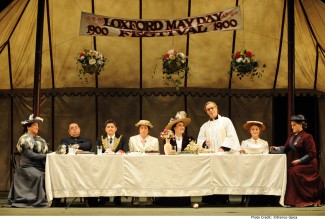
Albert Herring – Benjamin Britten
Opera Australia, 16 August 2013
Amid the flurry of celebrations for this year’s Verdi and Wagner bicentenaries the centenary of the birth of Benjamin Britten has been overshadowed. Opera Australia is commemorating it with a revival of John Cox’s 1976 production of Albert Herring – probably the earliest production to remain in its current repertoire. The opening night was given in the presence of the Governor, Marie Bashir, who is such a committed supporter of the performing arts in Sydney.
Albert Herring is generally considered to be a comic opera but it is nevertheless based on Britten’s recurrent theme of an individual at odds with society, although in this case a gentler version. Herring is gauche and naïve, controlled and smothered by his mother and the expectations of their repressive local society. As in Peter Grimes, Britten peoples the opera with a range of characters typical of a village community, even if they are mostly satirised as one-dimensional caricatures.
On opening night, winter ills were blamed for the replacement of singers in two of the main roles. Brad Cooper courageously sang the title role of Albert in his debut in a principal role with the company. That he produced such a successful performance without even the benefit of a full rehearsal was even more impressive. Cooper sang with a clean, strong tenor sound that will doubtless be of future value to the company. His interpretation of the role of Albert was very convincing as a credible character, though perhaps less comic than some other interpreters.
The other replacement on opening night was Jane Ede in the role of Lady Billows. She sang well and delivered a fine performance of the imperious dowager – though one that was somewhat younger and rather more energetic than may have been expected from the village matriarch. It is a compliment to the thoroughness of Opera Australia’s preparations that two significant roles were filled so commendably at such short notice.
Albert Herring is a true ensemble opera, and each of the roles makes an important contribution. An exceptionally strong cast has been gathered with all roles being admirably filled by some of the company’s principal singers.
Dominica Matthews sang the role of Florence and quickly established the atmosphere of obsessive rectitude which pervades the Billows manor house. She portrays the ideal lady-in-waiting for the haughty Lady Billows.
Elvira Fatykhova sang the role of Miss Wordsworth with a clear, bright coloratura sound which nicely suited the persona of the prim young school teacher.
The Vicar was sung by Michael Lewis who makes a welcome return to the OA stage. He clearly relished caricaturing the broad, sanctimonious vocal lines which Britten gives to the Vicar.
John Longmuir sang the role of the Mayor with a light, clear tenor which is well suited to Britten’s music. At the May-Day festival he nicely captured the self-importance frequently displayed by politicians when they have a captive audience.
Conal Coad’s performance of Superintendent Budd again demonstrated his natural comic stage presence which was seen recently to such great effect in his performances as Don Pasquale. He consistently inserted engaging details which created a delightfully individual character.
Young Samuel Dundas looks good on stage and sang Sid with the combination of confidence, swagger and manipulation that makes the part a telling foil for the title role. Dundas was recently awarded the Lady Fairfax New York scholarship and can be expected to develop still further as a result of his time in New York.
Sian Pendry convincingly portrayed the range of moods of Nancy, perhaps the most rounded character in the opera. In turns she was mischievous, coquettish and remorseful in a nicely credible performance.
Mrs Herring was sung by Roxane Hislop who amusingly brought to life the overbearingly protective widowed mother.
The roles of the three children make recurring dramatic contributions throughout the opera and they were engagingly sung and acted by Angela Arduca, Jordan Dulieu and Jessica Zylstra.
But a successful performance must add up to more than the sum of the individual parts, so great credit has to be given to Matthew Barclay who has revived the production so that its humour sparkles like new. The sepia tones of the sets and costumes designed by Roger Butlin have been newly lit by Nigel Levings and retain the feeling of nineteenth century photographs.
The thirteen characters on stage are neatly mirrored by thirteen players in the accompanying instrumental ensemble. This smaller number of players allowed the floor of the pit to be raised, providing an immediacy to the sound that is lacking when the full orchestra plays in their half-submerged cavern. All the instrumentalists appeared to relish the opportunity to play what is essentially chamber music and to bring out the wit and musical ironies in Britten’s score. Although it is difficult to single out any individual player, mention should be made of the versatility of the percussionist Allan Watson in attacking his battery of varied instruments. Anthony Legge, the company’s Associate Musical Director, kept proceedings moving and maintained effective control over this complex score while also playing the piano part.
In this revival Britten’s opera is thoroughly enjoyable and provides a good introduction for those who may feel reluctant to attend twentieth century operas. The production’s brief season has only four remaining performances until 30 August.
Larry Turner for SoundsLikeSydney©
Larry Turner has been singing in choirs for many years – both in Sydney and London. He is an avid attendee of operas and concerts, with an emphasis on vocal music. He particularly enjoys music from both the great a capella period and the baroque – especially the lesser-known works of Bach and Handel. He has written programme notes for Sydney Philharmonia, the Intervarsity Choral Festival and the Sydneian Bach Choir and is currently part of a team researching the history of Sydney Philharmonia for its forthcoming centenary.

